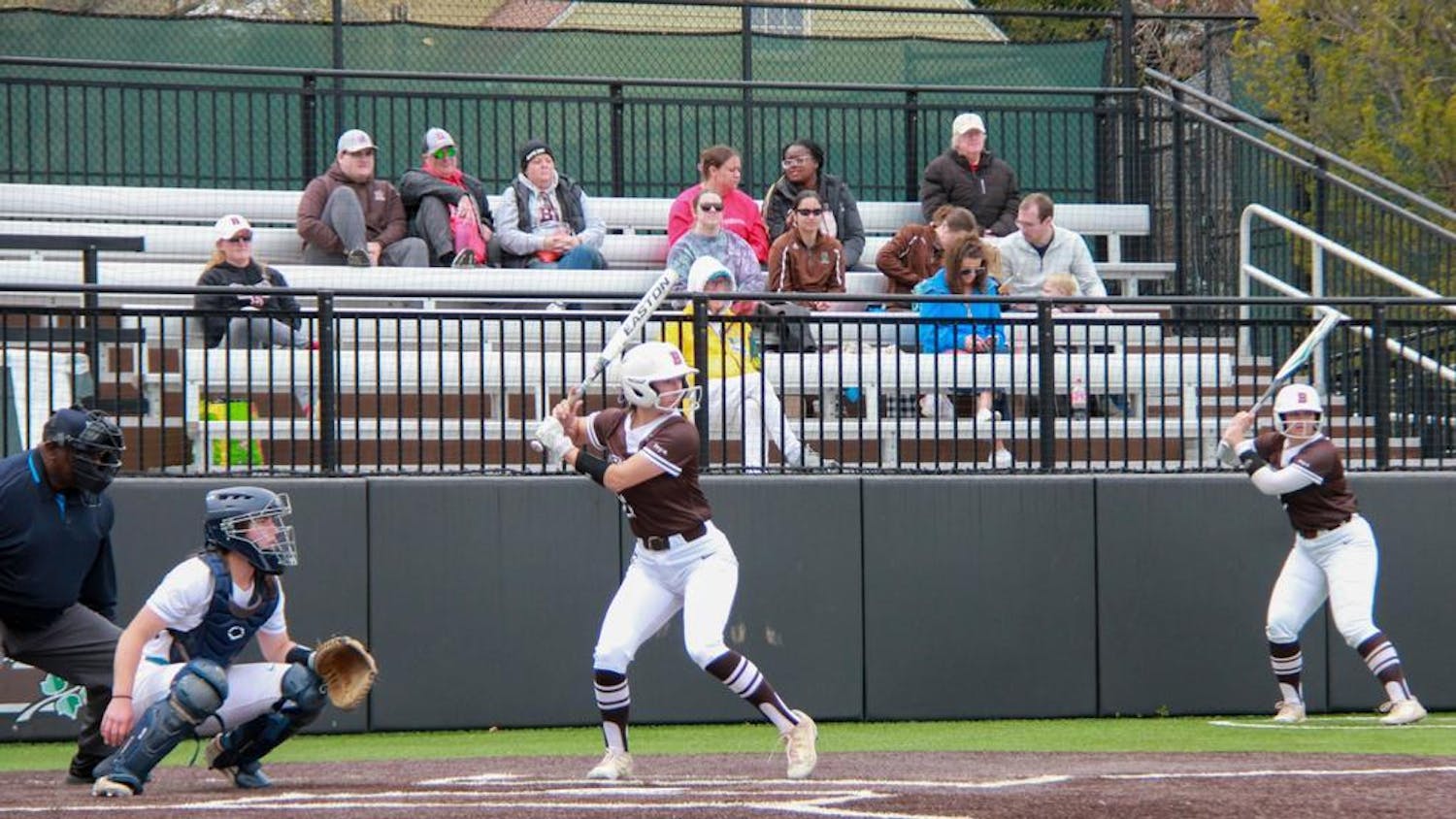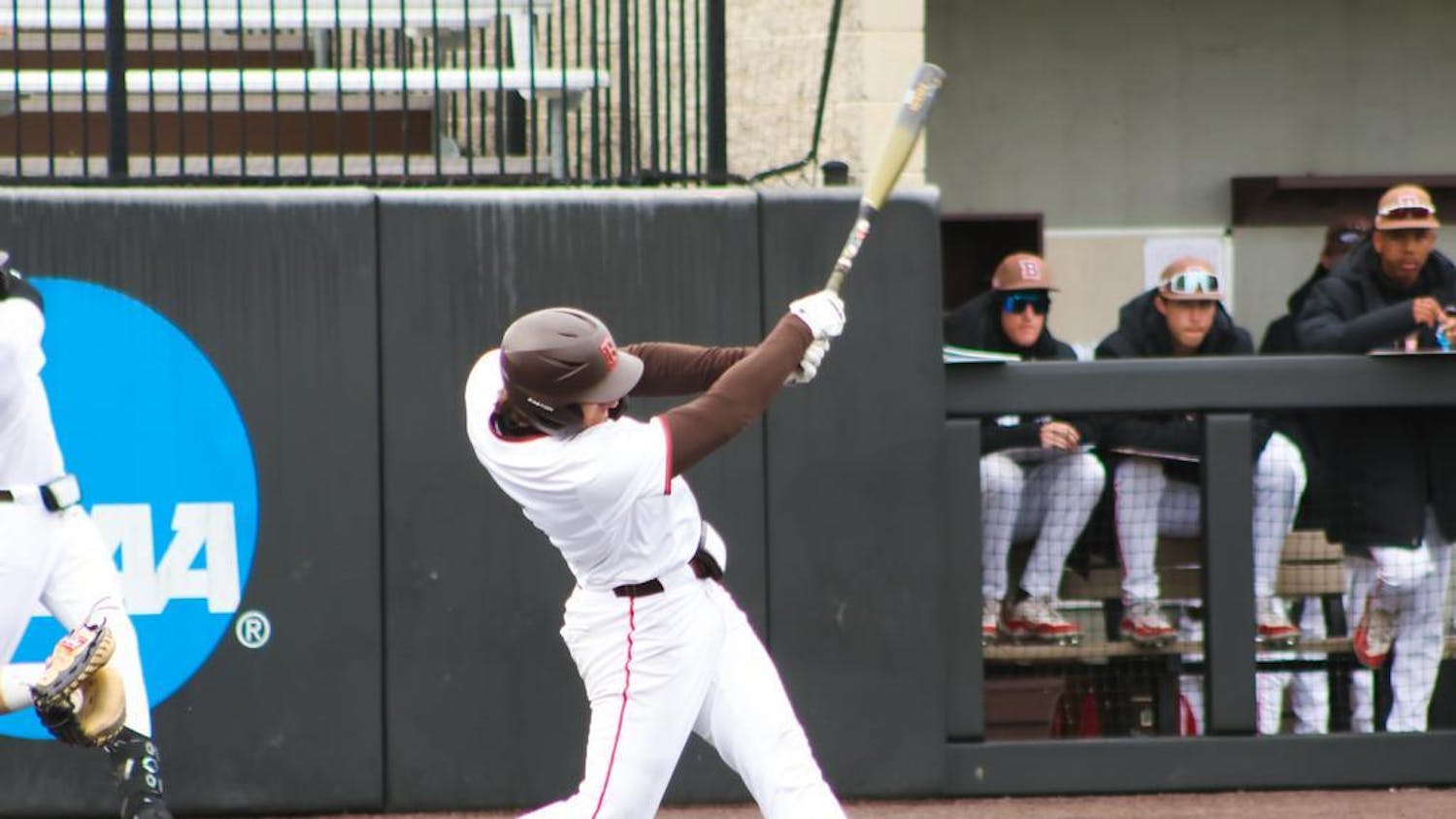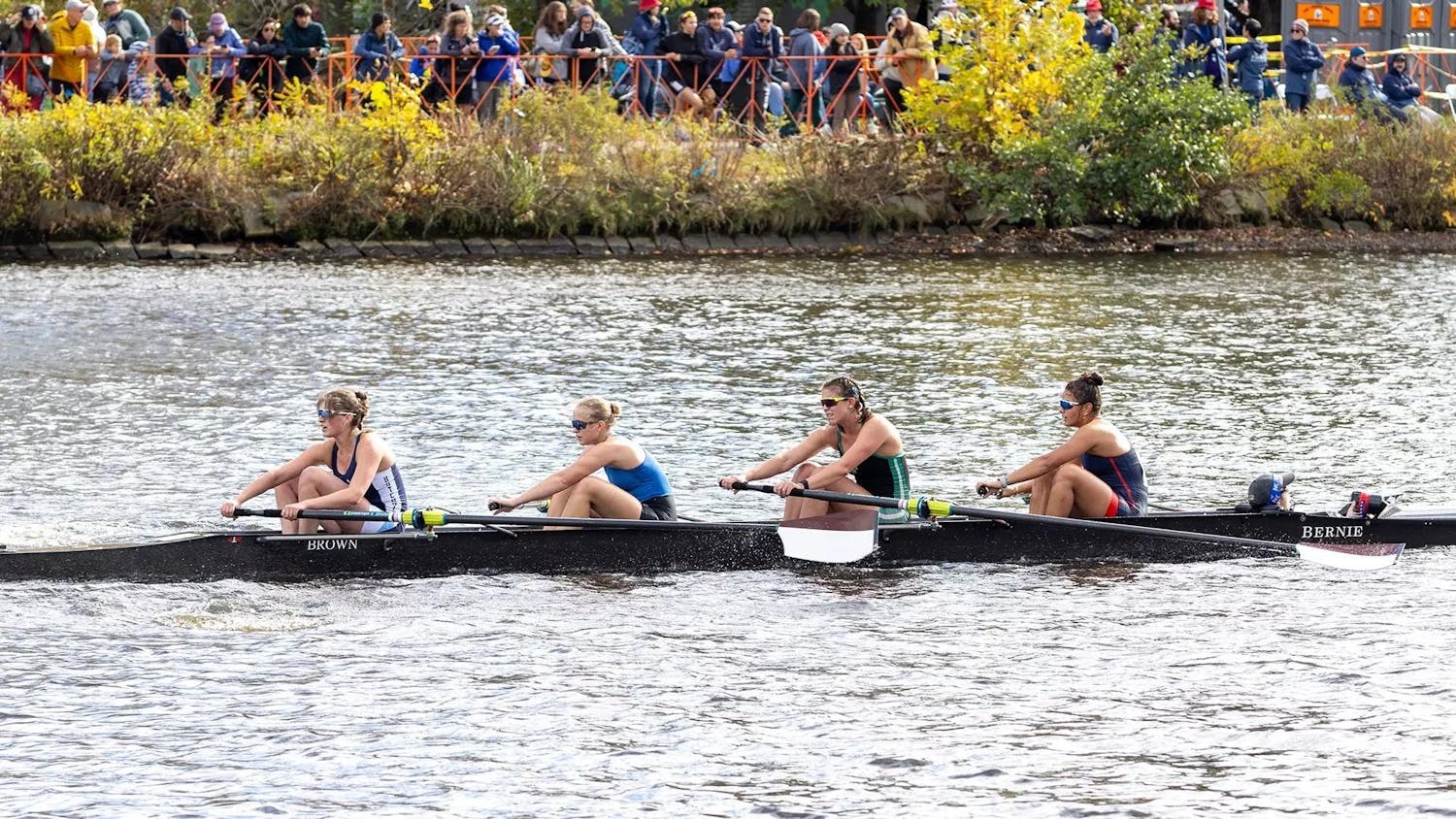I was stunned by the results of a recent Washington Post/ABC News poll. Apparently, 64 percent of people oppose paying college athletes. Only 33 percent support it.
I’m guessing those 64 percent buy into one of the two arguments repeated ad nauseam for why college athletes shouldn’t get paid. I disagree with both.
The first is that college athletes already get paid. They receive full scholarships to attend college. This adds up to around $200,000 over four years at most private universities. When so many kids are forced to take on student loans that take decades to pay off, why do college athletes need to be paid more than they already are?
I get why people feel that way. A $200,000 sum is a lot of money. But if a star athlete generates millions of dollars for his school, he’s worth more than $50,000 a year. If capitalism is the best system we have to work with, and I think it is, why not allow a player to be paid what he’s worth? (I took Principles of Economics last semester, so when it comes to the economy, I know everything.)
In effect, the NCAA has set a maximum salary of zero dollars on anything above the athlete’s scholarship. A player can’t receive more than this amount, whether it’s from the school, an endorsement deal or an expensive dinner.
In any other industry this would seem strange. We don’t set maximum salaries for lawyers or doctors or construction workers. Athletes in some professional sports have maximum salaries, but players are allowed to earn as much as they can off the court. In general, when someone produces something of a certain value, we say it’s okay for him to be paid whatever that value is. (The exception being the former Soviet Union. They tried something else.)
In 2013, the University of Kansas received $174 million in alumni donations. The athletic department’s revenue totaled $93.7 million. Men’s basketball games averaged around 16,000 fans per game. The university signed head coach Bill Self to a 10-year, $50 million contract extension in 2012. A lot of money flew around.
It seems to me that if Andrew Wiggins helps get KU on national television, sell thousands of jerseys, generate alumni contributions and put thousands of people in the stands, he should be paid more than the cost of tuition.
I find the second argument a little more offensive. It goes something like this: Student athletes should be students first. They’re amateurs. They’re kids. They’re better off not being paid.
I’m not a fan of this argument. It boils down to: We’re not paying you a ton of money for your own good. I think that’s both paternalistic and disingenuous. It’s paternalistic for the NCAA to tell legal adults they can’t earn the money they’re worth because the NCAA knows what’s best for them. It’s disingenuous for the NCAA to pretend it’s motivated by concern for the athletes’ well-being, and so it has to, you know, keep all the money.
The recent ruling by the National Labor Relations Board granting Northwestern University football players the right to unionize summed up the hypocrisy nicely: “It cannot be said the employer’s scholarship players are ‘primarily students.’ The players spend 50 to 60 hours per week on their football duties during a one-month training camp prior to the start of the academic year and an additional 40 to 50 hours per week on those duties during the three- or four-month football season. Not only is this more hours than many undisputed full-time employees work at their jobs, it is also many more hours than the players spend on their studies.”
I’m not sure what exactly the ideal system would be. I’ll let the lawyers draw that up. But the way things are being done right now isn’t fair. Count me in the 33 percent.
James Cohan ’17 got a C in econ. Send him your financial portfolios at james_cohan@brown.edu.
ADVERTISEMENT




